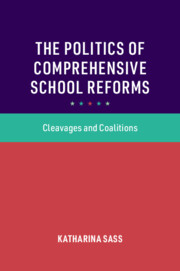This paper analyses Italian party positions on the EU's response to the Russo-Ukrainian war, singling out the adoption of sanctions against Russia, the provision of military support to Kiev, enlargement to Ukraine and the welcoming of Ukrainian refugees into the Union's territory as the four main dimension of such a response. The paper draws on the literatures on cleavage politics, the inverted U curve and the differentiated forms of politicisation, thereby testing theory-driven research hypotheses through a qualitative content analysis of Italian parties' Facebook posts in the three months following the outbreak of the conflict, combining an inductive and a deductive approach. The findings show that party families are a good explanatory factor behind Italian party positions vis-à-vis the EU's response to the war outbreak as parties belonging to the same family shared a similar stance on the four dimensions of such a response. On the contrary, the Europeanism/Euroscepticism divide does not explain Italian party positions on the EU's reaction to the Ukrainian conflict as Europeanist parties split over the EU's provision of weapons to Ukraine about as much as Eurosceptic partis split over the adoption of sanctions against Moscow. Finally, the paper shows that policy issues in the EU's response to the war (such as sanctions and arms delivery) were much more salient for and contested by Italian political parties than constitutive issues (such as enlargement and asylum).
